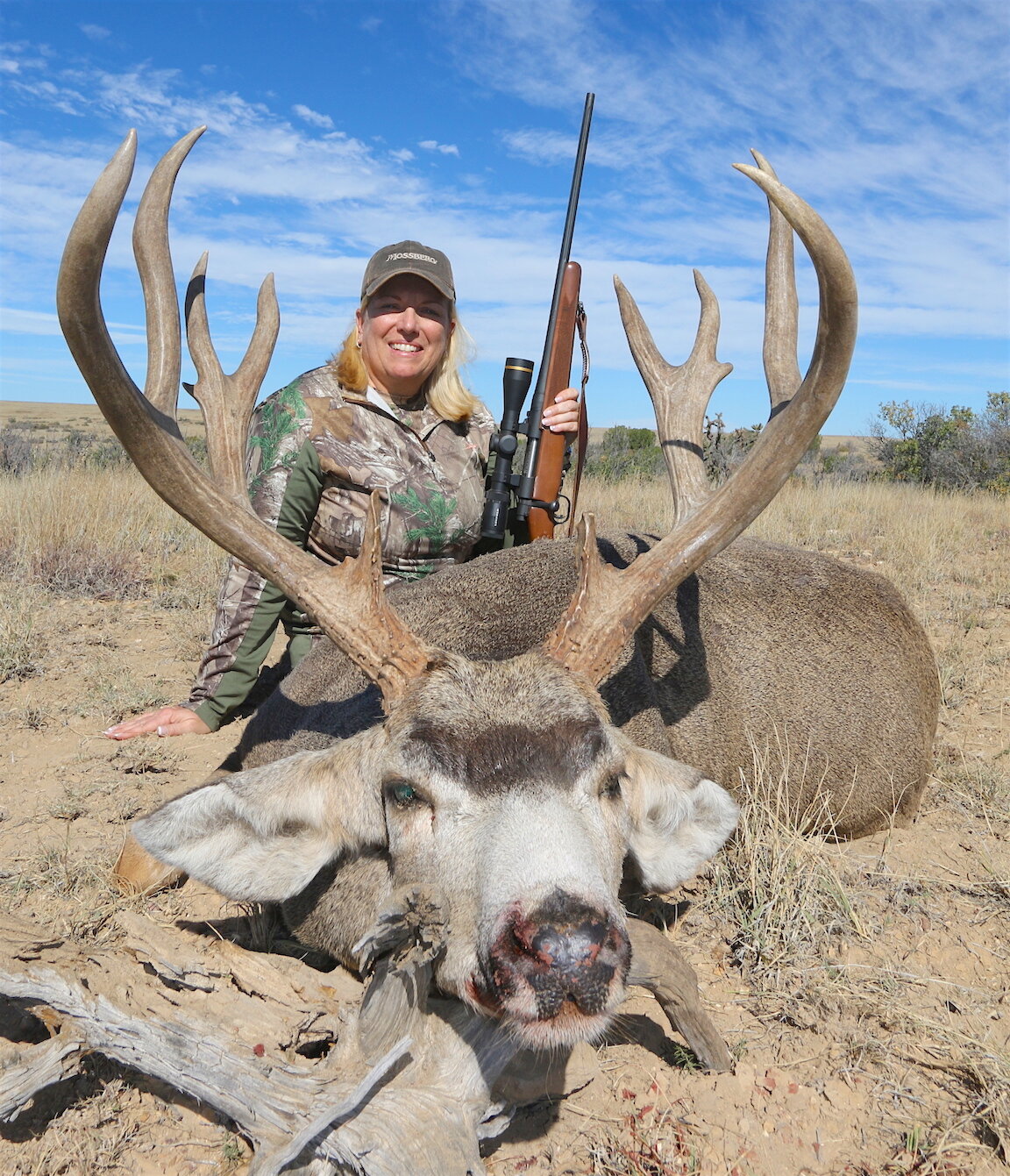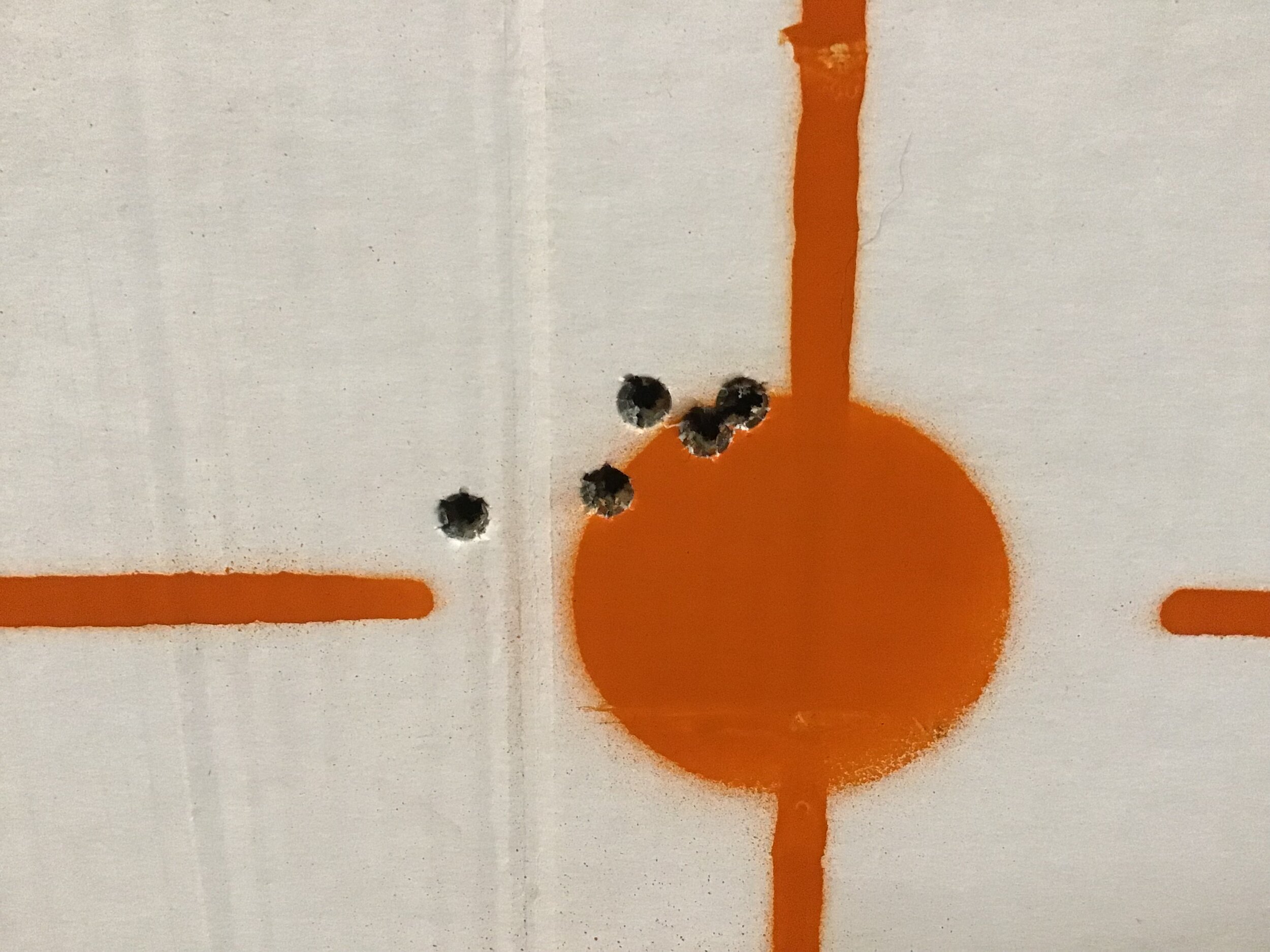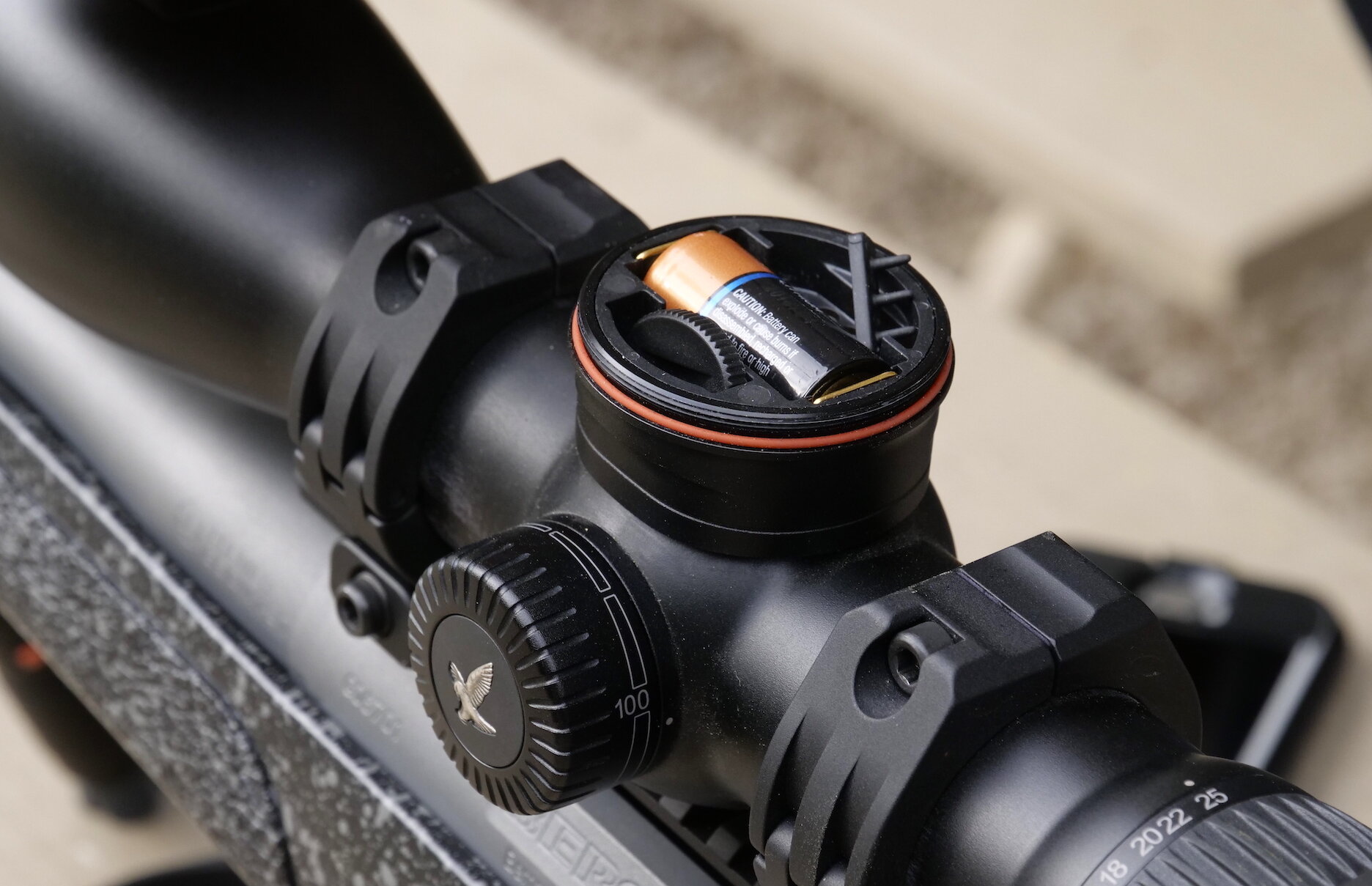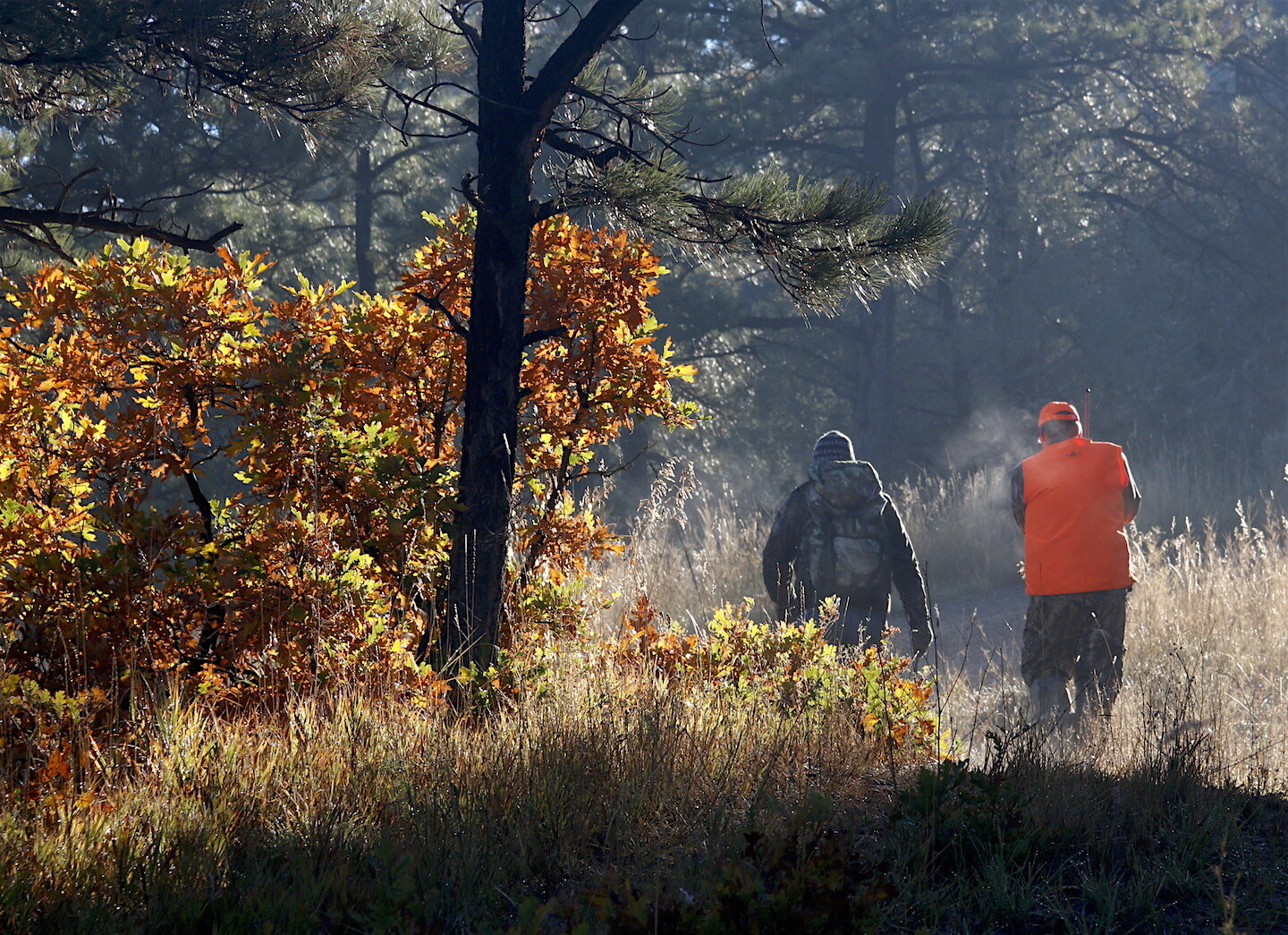To be Ackley Improved or not to be Ackley Improved? With sincere apologies to the ghost of Shakespeare, that is today’s question. Or at least one of them.
WHICH CARTRIDGE BENEFITS MOST FROM ACKLEY IMPROVED TREATMENT?
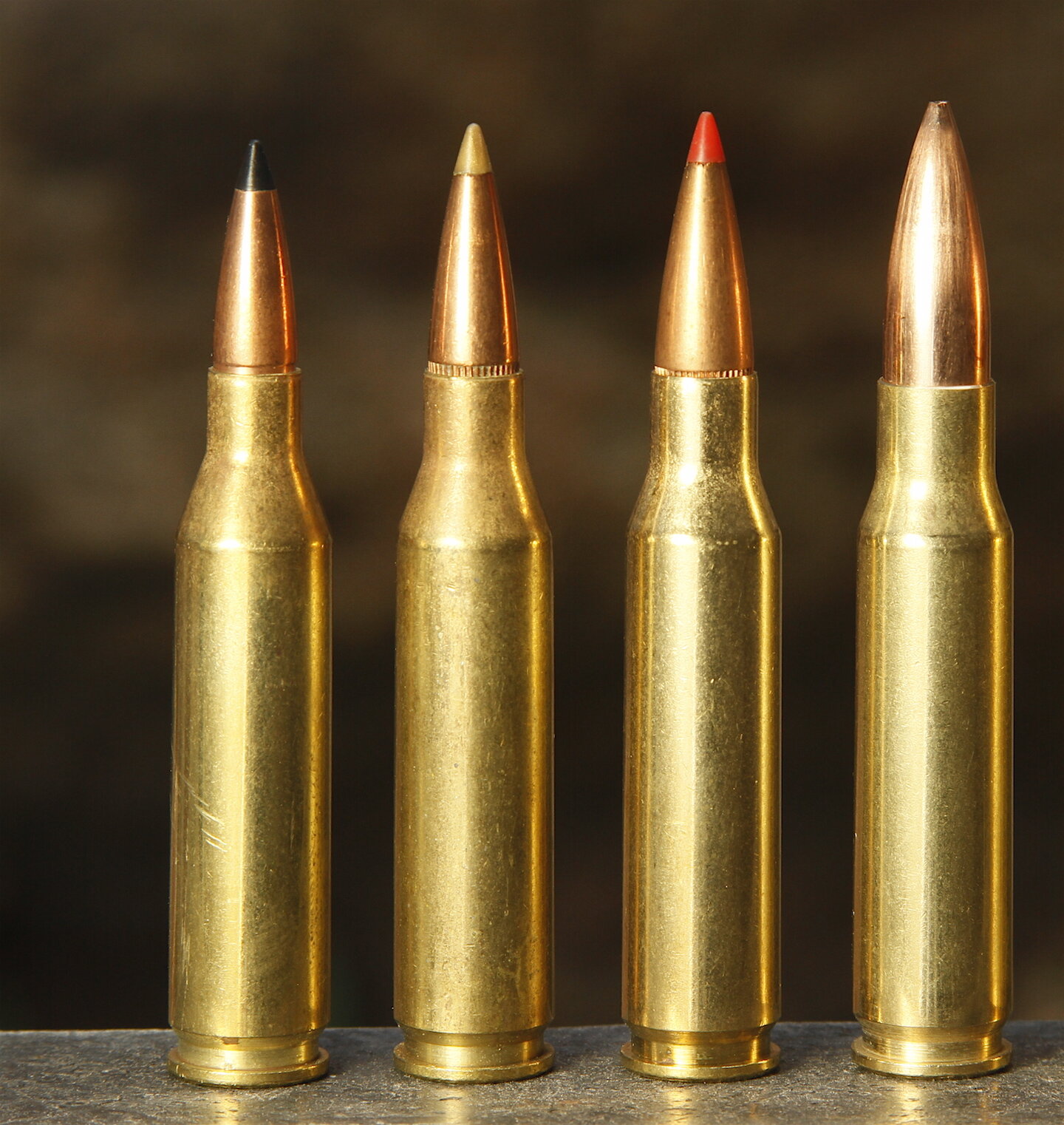
Reader K. Akins recently wrote to ask which cartridge I thought would benefit the most from conversion to Ackley Improved: the 260 Remington, 270 Winchester, or 7mm-08 Remington. (Anyone who isn’t exactly sure what Ackley Improved means can learn the details in this earlier blog.)
I’m afraid I don’t have encouraging advice for Mr. Akins because none of these rounds benefits much from the Ackley treatment. The 260 Rem. and 7mm-08 Rem. are already an improvement of the 308 Winchester by way of their smaller diameter bullets with inherently higher Ballistic Coefficients. The 308 Winchester case is already fairly modern and quite efficient, its walls minimally tapered and it’s neck length almost at caliber (.303”) for a secure, straight grip on long bullets. Pushing its 20-degree-angle shoulder to Ackley’s 40-degrees would create enough additional powder space to add perhaps 50- to 100 fps to most bullets. Hardly worth the hassle and expense of reaming a chamber to the Ackley profile, which is why Mr. P. O. Ackley himself didn’t recommend it.
WHY NO 260, 7MM-08, OR 308 ACKLEY IMPROVED CARTRIDGES
Ackley didn’t create a 7mm-08 A.I. nor 260 A. I. because they didn’t exist as factory cartridges in his lifetime. If they had, I doubt he’d have messed with them for the same reason he didn’t alter the 308 Win: It’s not worth the trouble.
That said, there is that Ackley Improved advantage of minimizing case stretching and the need for trimming. That might be excuse enough for some to go the A.I. route with any of these short action cartridges.
THERE IS NO 270 ACKLEY IMPROVED, EITHER. SORT OF.
As for the old 270 Winchester, Ackley considered it already borderline overbored in its native state, so didn’t recommend giving it his A.I. treatment. Nevertheless, many shooters have ignored his advice, feeling the slight velocity gain with 150-grain bullets makes the 270 A.I. a bit more effective for elk, moose, etc. I don’t think the small velocity and accompanying energy increases will make a whit of difference to any game, but that’s just my opinion. I certainly enjoy the performance of my 280 A.I.s, and that isn’t a major step above 280 Remington performance. I’m also having a 25-06 A.I. built by Shaw Barrels. Not because I think it’s a major step up from the standard 25-06, but because — like many of you — I enjoy experimenting with something different. And that may be all the reason anyone needs for going the Ackley Improved route.
If, however, you are the pragmatic type, you needn’t use the Ackley treatment on any but fairly old, heavily tapered cartridges with long, sloping shoulders and necks. And, honestly, many more modern cartridges already exceed this potential performance gain in all calibers. The 260 AI? Try the 6.5 PRC. The 7mm-08 AI? Go with a 7mm SAUM. The 260 A.I? Run with the 270 WSM or 270 Wby.
ANOTHER ACKLEY IMPROVED QUESTION
Speaking of the 280 A.I., reader D. Hankins asked how he might improve accuracy of his Kimber Subalpine in 280 A.I. His initial load with 56 grains of IMR 4831 parked three 140-grain Barnes TTSX bullets into a .5” group. But MV was a disappointing 2,700 fps. Increasing velocity with larger doses of IMR 4831 and IMR 4350 pushed groups just over MOA.
Mr. Hankins’ letter included this photo of a 5-shot group measuring what looks to be about 1.5”. Four shots appear to be inside an inch, the 5th out about a half inch. Hankins asked if I thought he should try some AccuBond bullets.
What I wanted to tell Mr. Hankins was that a 1.5” grouping rifle is nothing to be ashamed of. That level of consistency should keep all bullets inside a 7.5” circle at 500 yards. That’s boiler room, folks. An MOA rifle would keep all shots inside a 5” circle at 500. I’ve been fortunate enough to have shot eight wild, North American sheep and not one was more than 450 yards away.
Nonetheless, not everyone is happy with a 1.5” rifle, so I gave Mr. Hankins some ideas. You may have better ones, so please send them via our comments section.
I’d definitely try other bullets. Some rifles are finicky. Also consider how hot the barrel is getting. Thin barrels heat quickly and sometimes begin to wander, esp. if not cryo treated to remove stresses. Obviously, check bedding. Hot barrel could start touching one side or another, throwing shots. But what I see on your target is often due to a hot barrel. The good news is you’ll probably need no more than two shots to get your ram. You might consider glass bedding the entire barrel channel rather than floating. Light barrels sometimes benefit from full length glass bedding. Helps stabilize them. If it doesn’t, you can always easily sand it to float again. Nothing lost but a bit of time.
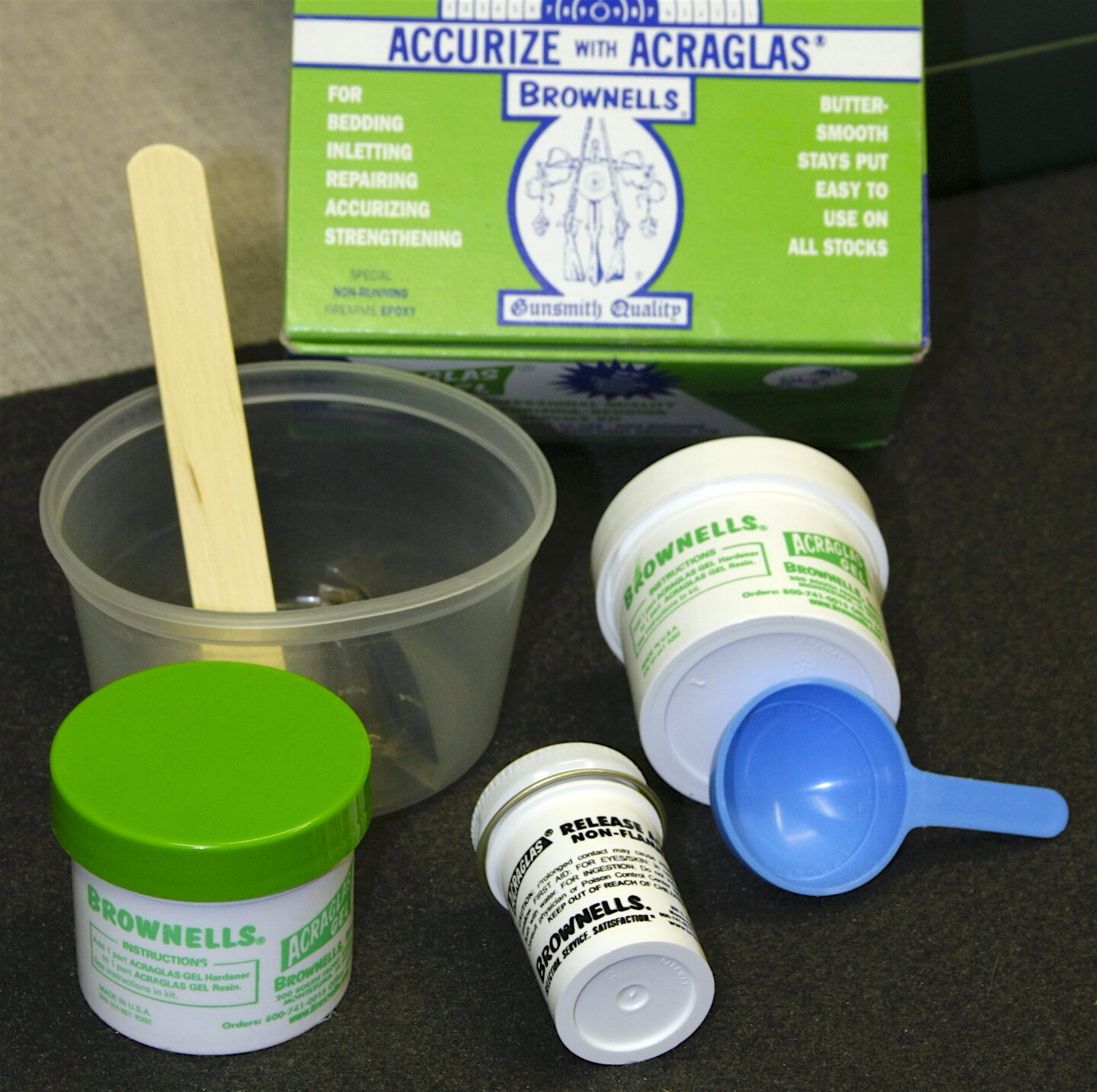
I don’t think powder will make much difference in accuracy, but something slower-burning could increase your velocity. You should be getting closer to 3,200 fps with 140s. Not that 100 fps slower hurts anything. Yes, try AccuBond Long Range bullets. I’ve been having great luck with them lately in several calibers. Let me know how it goes, and good luck!
A NON- ACKLEY IMPROVED QUESTION
J. Frischkorn read my Swarovski dS super scope (rangefinder, electronic, and digital — you can read details in this blog) and that prompted this question: “Prior to using these new “super scopes” how good were you at range estimation, Ron? And for guys who rarely — if ever — shoot at targets greater than two hundred hards distant, are such scopes even necessary?”
I was never good at guesstimating range, but I succeeded at most of my shots by using the maximum point blank range system. That carries most 270-class cartridges to 300 yards, farther than most of us shoot. By knowing my trajectory curves I could hold slightly over my quarry’s back at 400 yards and drop it into the boiler room. That took care of 95% of all my shots for decades. Zero a modern cartridge with efficient bullets 2.5” to 3″ high at 100 yards and you stay inside the 10″ kill circle from muzzle to 300 yards. EZ PZ.
THE TRUTH ABOUT ACKLEY IMPROVED CARTRIDGES AND LONG RANGE SHOOTING
In my opinion the two biggest things to remember about Ackley Improved cartridges and long range shooting is that neither are necessary to be a successful hunter. Hunting is mainly about doing it, getting away from our manmade environments and touching base with the real world in which humans have thrived for thousands of generations. I hesitate to call hunting a game because it is not a frivolous pastime. It is our most honest and natural way to gather sustenance, both material and spiritual. In doing this we are free to select how we shall hunt: long range rifles and laser range-finding scopes or lever-action 30-30s with open sights or flintlock muzzleloaders, bows, spears, slingshots… Within the laws, rules, and regulations of our various states we are free to draw a line in the sand and play the hunting “game” as we wish.
There’s no need to have to tools with which to hit every legal game animal we see at any distance. Super B.C. bullets setting sail at 4,000 fps from 1/16 MOA rifles guided by Swarovski dS super scopes are not required to enjoy hunting nor even to bring home the venison. Do not succumb to peer pressure and buy more gadgets than you need. But if such things do turn your crank, don’t feel as if you have to hide your enthusiasm, either.
Even if you never hunt anything but steel plates with them, super scopes and super rifles throwing super bullets are interesting and fun. Hunt honest and shoot straight, everyone.
# # #
Mr. Spomer has hunted with sling shots, spears, recurve bows, compound bows, air guns, cap lock muzzleloaders, iron-sight revolvers and autoloaders, 19th century lever-actions, 20th century scoped 30-06 bolt-actions and autoloaders, some of today’s most elaborate super rifles and scopes, and everything in between. Including fly swatters.
Editor’s Note:
We’d like to thank Ron Spomer of Ron Spomer Outdoors for allowing us to re-publish this piece that originally appeared on his website www.ronspomeroutdoors.com. Ron’s experience in this industry is bar none and their web platform is an invaluable resource for both the new and experienced hunter.


